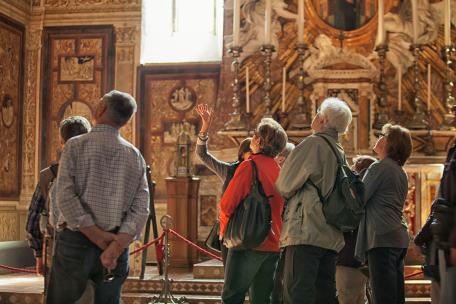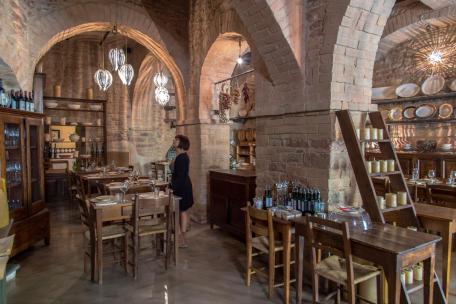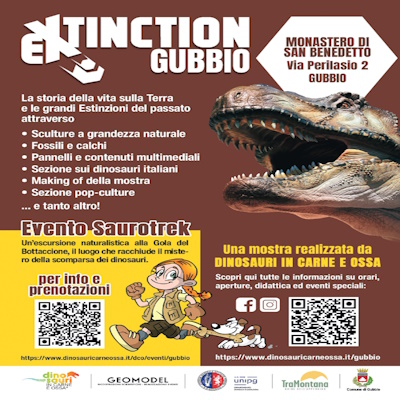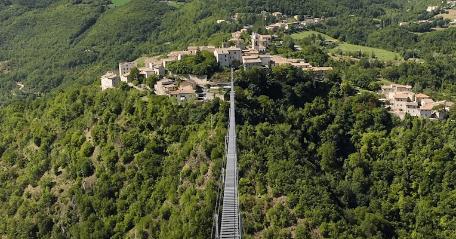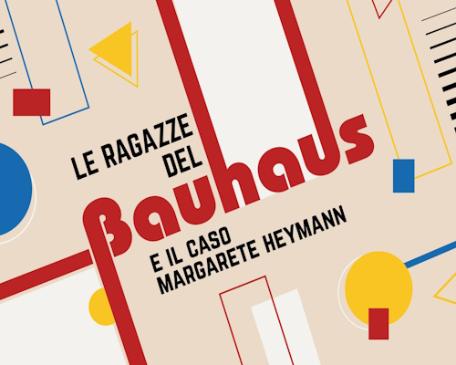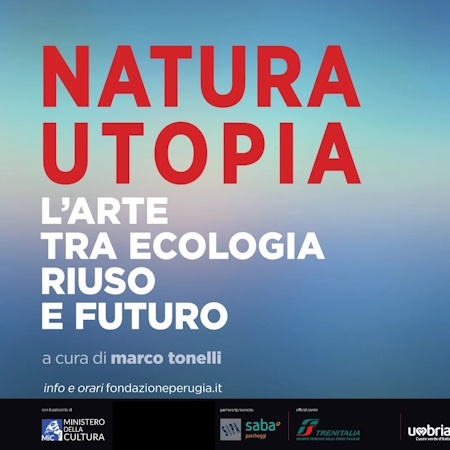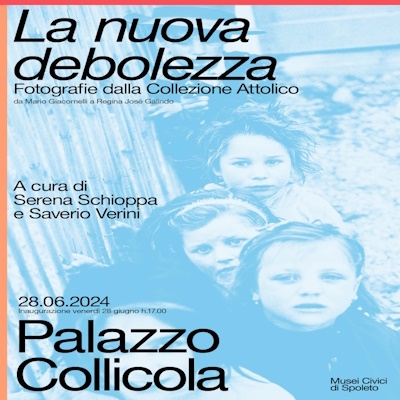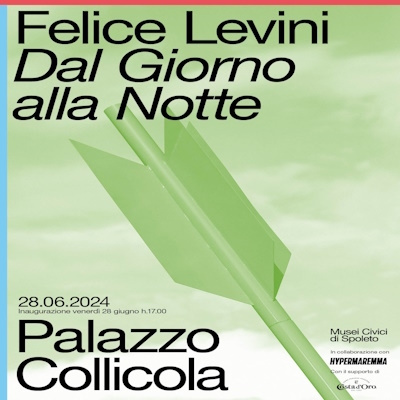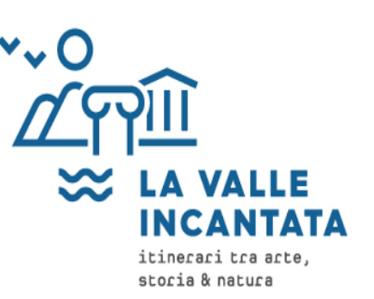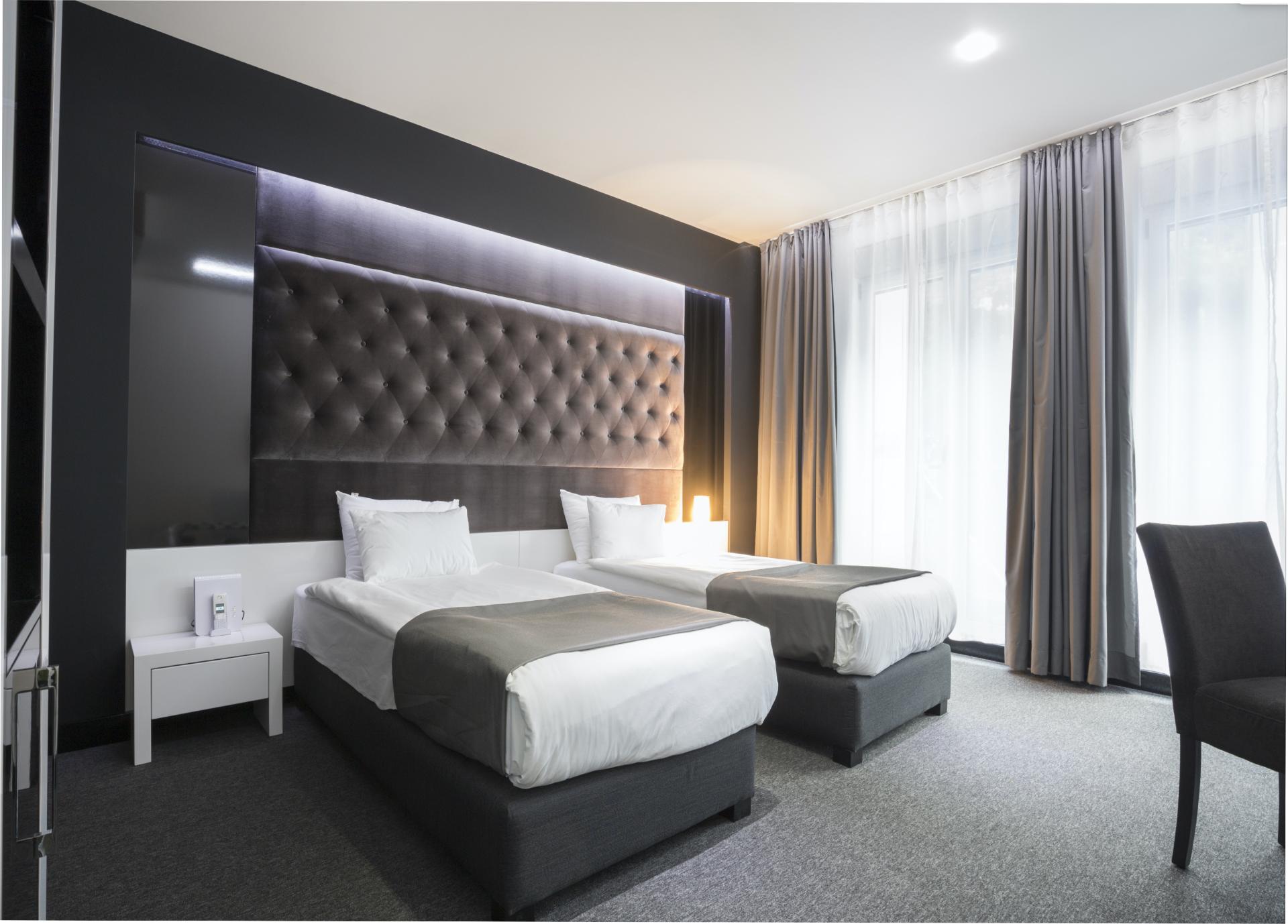HISTORY
Calvi dell'Umbria is an ancient settlement whose origins can be traced back to the Bonze Age. On the summit of Mount San Pancrazio can be seen the remains of a sanctuary from the 6th century BC, an Umbrian-Sabellian religious centre. The first historical records that mention the town come from the 9th century when it was most probably a possession of the Farfa Abbey. Later it came under various dominations, just like the surrounding towns, and then under the dominion of the Papal States until the Unification of Italy.
ART, CULTURE, ENVIRONMENT
The historical centre winds around a series of medieval lanes that rise and descend through arches, vaults and the ruins of city walls and towers. Of historical and artistic interest is the large complex of the Monastero delle Orsoline, designed by the architect Ferdinando Fuga and built between 1739 and 1743. It houses a museum containing the most important works of art in Calvi (noteworthy is the Immacolata Concezione attributed to Masucci), and takes in the church of Santa Brigida and the church of Sant'Antonio, with the monumental terracotta Christmas crib from the 16th century.
Other monuments worthy of a visit are the church of Santa Maria Assunta, with a baptismal font from 1559; the church of the Santa Trinità, built in early 1400 to an octagonal plan; and the church of San Francesco that tradition says was erected according to the Saint's wishes when he passed through Calvi in 1213. In the vicinity: on the summit of Mount San Pancrazio are the ruins of the Eremo di San Pancrazio sanctuary, a 6th century BC religious centre, reached on a beautiful road winding through the woods and plains that open out to charming panoramas. The fame and prestige earned by Calvi dell'Umbria as the "Christmas Crib Town" can be seen walking around the streets: the walls of the ancient houses are embellished with murals of nativity scenes, painted by well-known Italian and foreign artists that have come to Calvi every year since 1982 to fresco the walls of the ancient town houses, forming an open-air gallery of murals.










